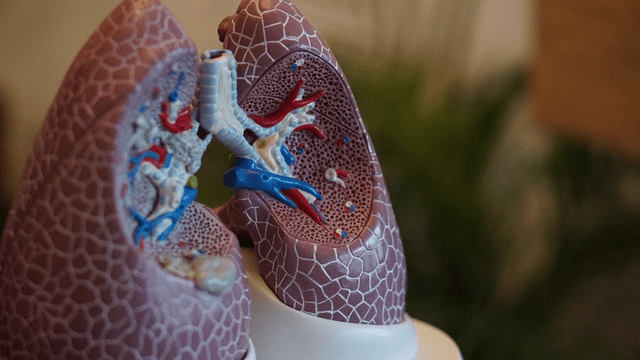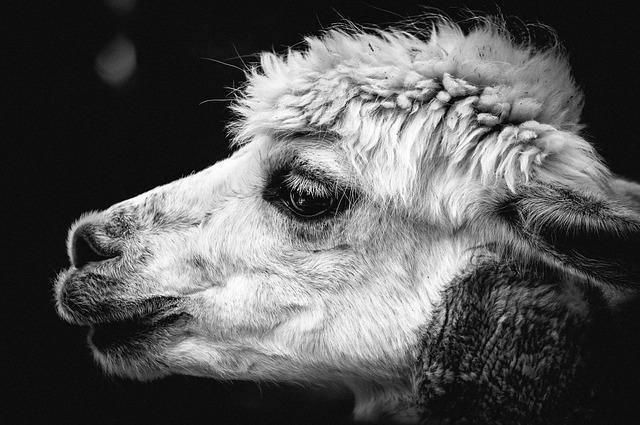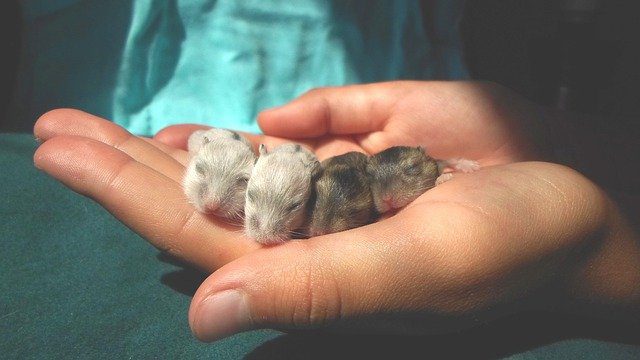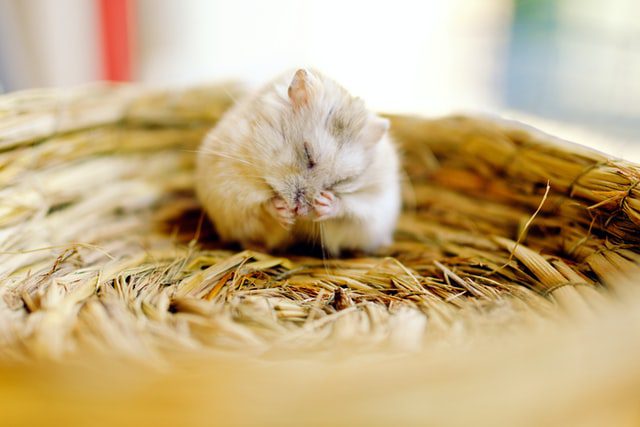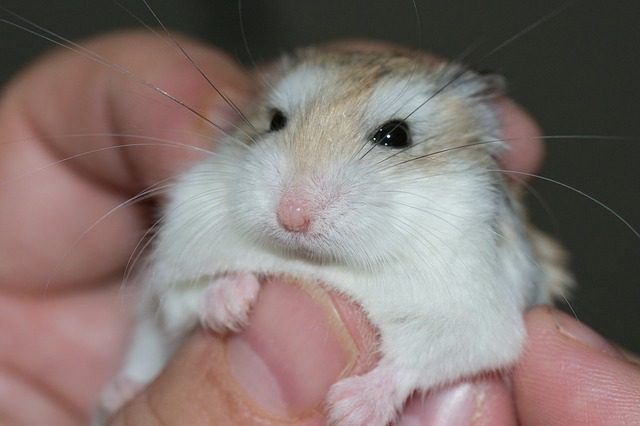
Hong Kong: Transmission of Sars-CoV-2 Delta strain from hamsters to humans and onward human propagation of the adapted strain
Two separate transmission events from Syrian hamsters to humans are documented, one leading to onward household spread.
Over 50% of individually tested Syrian hamsters in the pet shop (8/16) and warehouse (7/12) were positive for SARS-CoV-2 infection in RT-PCR or serological tests. None of dwarf hamsters (n=77), rabbits (n=246), Guinea pigs (n=66), chinchilla (n=116) and mice (n=2) were confirmed positive in RT-PCR tests.
SARS-CoV-2 viral genomes deduced from human and hamster cases in this incident all belong to Delta variant of concern (AY.127) that had not been circulating locally prior. These sequences are highly similar, but distinct. The viral genomes obtained from hamsters are phylogenetically related with some sequence heterogeneity and phylogenetic dating suggest infection in these hamsters occurred around 21 November 2021. Two separate transmission events to humans are documented, one leading to onward household spread.
Lancet Preprint: Transmission of SARS-CoV-2 (Variant Delta) from Pet Hamsters to Humans and Onward Human Propagation of the Adapted Strain: A Case Study
Image by Jarkko Mänty from Pixabay
